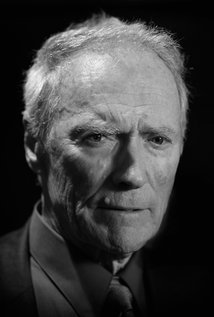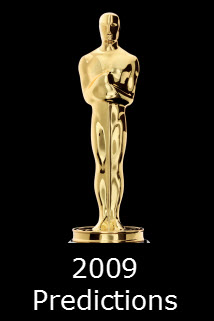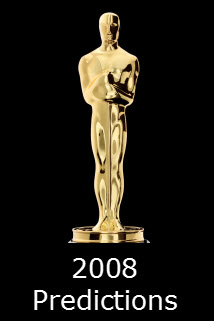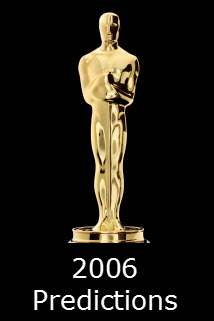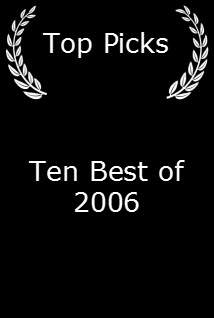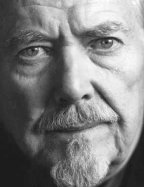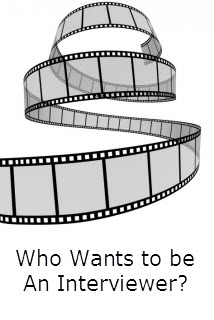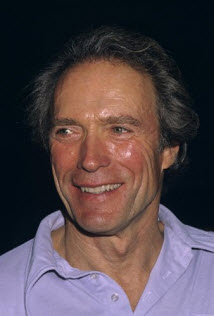Letters from Iwo Jima (2007)


Content by Tony Macklin. Originally published on January 25, 2007 @ Fayetteville Free Weekly.
Letters from Iwo Jima Destined to Become a Classic
The most important film of 2006 was Clint Eastwood's "Letters from Iwo Jima."
The year 2006 will enable director Marty Scorsese to win his first Oscar (for directing "The Departed"). And in 2006 Robert Altman died, after releasing his final film "Prairie Home Companion." But "Letters from Iwo Jima" will outlast all movies released last year in its impact and significance.
In 20 years "Letters from Iwo Jima" will be a classic.
It is remarkable what sustained impact Clint Eastwood has had on cinema for the last 15 years. If by 1992 Eastwood had stopped participating in movies his career would have been special. But from "Unforgiven" (1992) to the present, he has raised it several notches.
Clint Eastwood has not been staying the course. He's too gifted for that. Clint has been an artful chameleon. In "Dirty Harry" (1971) he embodied a character that is in the pantheon of movie anti-heroes. But he was multi-dimensional as an actor in "In the Line of Fire" (1993).
Eastwood has taken more chances than are generally noted. Some he survived -- "The Bridges of Madison County" (1995). Some he didn't -- "Paint Your Wagon" (1969). Some are almost unknown -- "The Beguiled" (1970).
In 1971 Eastwood -- with the help of veteran Don Siegel--directed his first film "Play Misty for Me." In 1971 could anyone have imagined that 35 years later Clint Eastwood would have directed a film in Japanese (with English subtitles), from the Japanese point of view, written by a young Japanese woman?
Although often appearing stoic, in his career Eastwood has been a live wire. He buried the western genre in the brutal, elegiac "Unforgiven." The film won the Academy Award for Best Picture, and Eastwood won an Oscar for his direction. That should have been the capstone for his remarkable career. It looked as though then he was just going to make geriatric entertainments, such as "Space Cowboys" (2000).
But Eastwood subsequently accomplished another feat. He directed a movie that was nominated as Best Picture: "Mystic River" (2003). Neither the film nor Eastwood won the award--"Lord of the Rings: The Return of the King" and Peter Jackson did -- but two actors, Sean Penn and Tim Robbins won Oscars for their roles in "Mystic River."
Even more striking was that in 2004 Eastwood won Best Picture with "Million Dollar Baby." This time he did garner the Oscar as Best Director.
And he had to fight the system to even get "Million Dollar Baby" made. His home studio Warner Bros rejected the idea. You don't reject Clint. He went to a smaller studio, Lakeshore Entertainment, and after they agreed to make "Million Dollar Baby," Warner Bros skulked aboard.
But Eastwood still had something important to say. He had the idea to tell about the invasion of Iwo Jima from both sides, the American point of view and the Japanese point of view.
At the time of preemptive jingoism, people assumed Clint would be a warrior. He would show those who weren't Americans. He would unfurl the flag with pride and ego. But he didn't meet those Foxy preconceptions. Instead he wanted to be true to the human condition wherever it was set.
The first film "Flags of Our Fathers" didn't meet expectations at the box office. Clint wasn't heralding "the greatest generation." His focus was on the selling of heroism, patriotism, war itself. It is a compelling vision, but not a commercial one.
"Flags of Our Fathers" is an admirable movie. "Letters from Iwo Jima" is more. At a time when enemies -- distant and domestic -- are dehumanized, Eastwood has humanized an enemy.
The script by Iris Yamashita of "Letters from Iwo Jima" is based on letters that were found on Iwo Jima that were written by Lt. General Tadamichi Kuibayashi, who was given charge of defending the island of Iwo Jima against the invasion.
Ken Watanabe gives a towering performance of fierce dignity as the besieged officer. The movie also focuses on a young baker (Kazunari Ninomiya) who wants to return to his wife and daughter but fears he won't.
"Letters from Iwo Jima" is both odd and obvious -- a fairly generic portrait of soldiers at war. There even is a scene back at home of a little dog in trouble.
But what makes the movie different is that the soldiers -- brave, callow, committed and very young -- could be from almost any country.
Iwo Jima is a neglected subject in Japan. Eastwood opens up the history and the discussion. He's a moviemaker, but he's also a historian and artist. He is not interested in the sweep of propaganda; he is interested in the sweep of history and humanity.
For a Hollywood figure with star power to declare himself a citizen of the world goes against the contemporary grain (or oil). Eastwood didn't take political polls. He went where his heart -- and especially his mind -- took him.
It's a good place.


